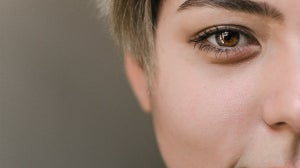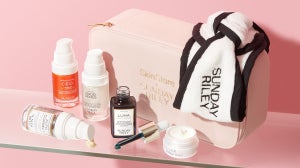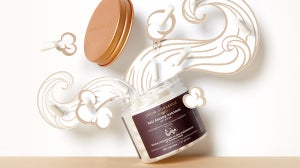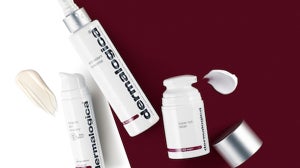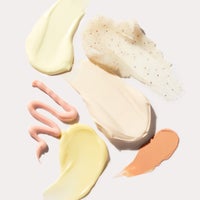
Ringworm, a common skin disorder, is not as the name suggests caused by a worm. It’s a skin fungus characterized by round lesions or rings on the skin. The medical term is tinea, but the name “ringworm” has stuck over time. There are different forms of tinea that affect the skin on the body, the scalp, the feet (a.k.a athlete’s foot), or the groin area (a.k.a jock itch). Ringworm is caused by fungi known as dermatophytes which thrive off of dead cells on the skin, hair, and nails.Types of Ringworm: Ringworm on the body (tinea corpus) is the most common form. It starts as a round lesion with dry scaling in the center. The affected area is often itchy and in patches. It’s important to avoid scratching to spread the fungi to other areas of the body. Ringworm of the foot, also known as athlete’s foot (tinea pedis) causes scaling, inflammation, and itching in between toes and may also cause thickening of the skin on the heels and soles of the feet. Ringworm of the groin also known as jock itch (tinea cruris) is reddish brown in color and usually extends from the folds of the groin area down the thighs. Ringworm of the nails causes fingernails to look yellow, thick, and brittle. Artificial nails have an increased risk for fungi because water can collect under the artificial nail creating a warm moist environment ideal for fungi to grow. Ringworm of the scalp (tinea capitis) is common among school age children because it is spread by person to person contact. Tinea capitis can cause the scalp to scale and often forms bald spots.How did you catch Ringworm? Ringworm is very contagious and can be spread by contact with the infected person, animal or object. Yes, you can catch ringworm from Fido! Ringworm is a zoonotic disease, which means it can be transmitted from animals to humans. Although Fido is not your only concern! Ringworm is commonly spread by contact with infected gym equipment and in locker rooms. It’s important to properly sanitize public gym equipment and mats before use and to wear sandals or flip flops in gym showers. Close contact sports like wrestling or basketball are also culprits for spreading Ringworm. Remember to shower thoroughly after engaging in similar sports. Although ringworm’s appearance is very distinct, it’s important to consult with your doctor and not self diagnose. Other common skin conditions can have similar characteristics. Your physician can prescribe topical antifungal creams or for severe cases oral medication. SkinStore carries an over the counter product Pedinol Fungoid Tincture for fungal infections including athletes foot and ringworm.Tips to minimize your chances of ringworm: -Wear sandals in locker rooms, public pools or bathing areas – Don’t share clothing, towels, or sports gear – Shower after any sport that includes skin to skin contact -Wear loose fitting cotton breathable clothing and under garments Remember to enter into our latest GIVEAWAY! Visit our Facebook page for more details!

Related Articles

